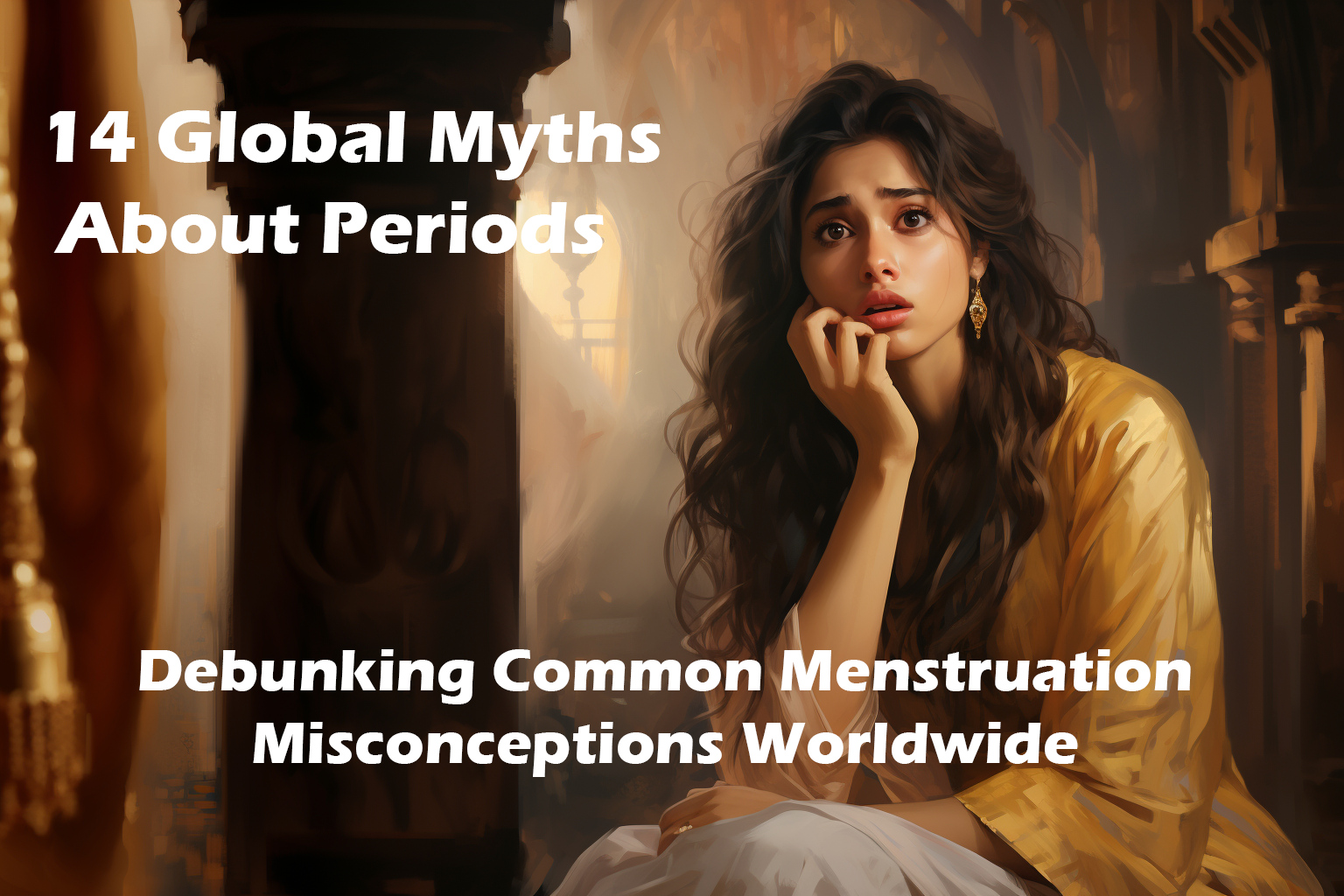Are you one of the many women seeking natural remedies to increase your menstrual flow? You’re not alone. It’s time we talk about something that most people find a bit uncomfortable to discuss – menstruation and menstrual flow. The food we eat plays an important role in our overall health and well-being, but did you know it can also influence your menstrual cycle?
Understanding Menstrual Flow
Before we delve into the foods that can help increase menstrual flow, let’s take a moment to understand what constitutes normal and low menstrual flow.
Normal Menstrual Flow
Typically, a menstrual cycle lasts between 21 and 35 days, and menstrual bleeding (your period) usually lasts for 2-7 days. The flow of the blood and tissue shed from your uterus varies from woman to woman.
Low Menstrual Flow
Low menstrual flow, also known as hypomenorrhea, is characterized by periods with very light bleeding. Various factors can cause low menstrual flow, including stress, hormonal imbalances, and poor diet.
Importance of Diet During Menstruation
Your diet plays a crucial role in regulating your menstrual cycle. Eating the right foods can help nourish your body, balance hormones, and increase your menstrual flow. lets know What to Eat During Periods to Increase Flow
Foods to Increase Menstrual Flow
There are certain foods known for their ability to increase menstrual flow. These include iron-rich foods, foods high in Vitamin C, and hydrating foods and drinks.
Iron-Rich Foods
Iron is vital for your body, especially during your period, as it helps to replace the iron lost through menstrual blood.
Red Meat
Red meat is an excellent source of iron. Incorporating foods like beef and lamb in your diet can significantly boost your iron levels.
Leafy Greens
If you’re a vegetarian or prefer a plant-based diet, leafy greens like spinach, kale, and Swiss chard are great alternatives.
Foods High in Vitamin C
Vitamin C can increase your body’s iron absorption. Including foods high in Vitamin C in your diet can therefore support a healthy menstrual flow.
Citrus Fruits
Citrus fruits like oranges, lemons, and grapefruits are rich in Vitamin C and can help improve iron absorption.
Berries
Berries, including strawberries and raspberries, are also high in Vitamin C.
Hydrating Foods and Drinks
Staying hydrated is essential during your period. It helps to maintain a healthy circulation and can aid in increasing your menstrual flow.
Foods to Avoid During Menstruation
While there are foods that can increase menstrual flow, there are also those you might want to avoid during your period. These include salty foods, caffeine, and alcohol, as they can lead to dehydration and bloating.
Lifestyle Changes for a Healthy Menstrual Cycle
In addition to a balanced diet, maintaining a healthy lifestyle can also help regulate your menstrual cycle. Regular exercise, adequate sleep, and managing stress are just a few things that can promote a healthy menstrual flow.
When to Consult a Doctor
Remember, every woman’s body is different. If you’re experiencing severe menstrual issues, such as extremely low or high menstrual flow, it’s best to consult a healthcare professional.
Eating a well-balanced diet rich in iron and Vitamin C can help increase your menstrual flow. However, it’s essential to remember that the food you eat is just one part of maintaining a healthy menstrual cycle. Lifestyle changes and consulting a doctor when needed are equally important.
Frequently Asked Questions
Can exercise affect menstrual flow?
Yes, regular exercise can help regulate your menstrual cycle and may increase flow due to improved circulation.
Are there any herbal teas known to increase menstrual flow?
Yes, teas such as ginger tea and raspberry leaf tea are often suggested to improve menstrual flow.
Can stress impact my menstrual flow?
Absolutely. Stress can significantly affect your menstrual cycle, potentially leading to lighter or heavier periods.
Does drinking water help increase menstrual flow?
Yes, staying hydrated can help maintain a healthy circulation, which may aid in increasing menstrual flow.
What should I do if changes in diet and lifestyle don’t improve my menstrual flow?
If you notice no improvement or if your menstrual flow is extremely low, it’s best to consult a healthcare professional.
Warning :
This article provides general advice on diet and lifestyle changes that may help to increase menstrual flow. However, it should not be used as a replacement for professional medical advice. Every woman’s body is different, and what works for one may not work for another. If you’re experiencing significant issues with your menstrual cycle, including extremely low or high menstrual flow, it’s crucial to consult a healthcare professional. Never ignore symptoms or delay seeking medical advice because of something you have read here.





One thought on “What to Eat During Periods to Increase Flow ?”